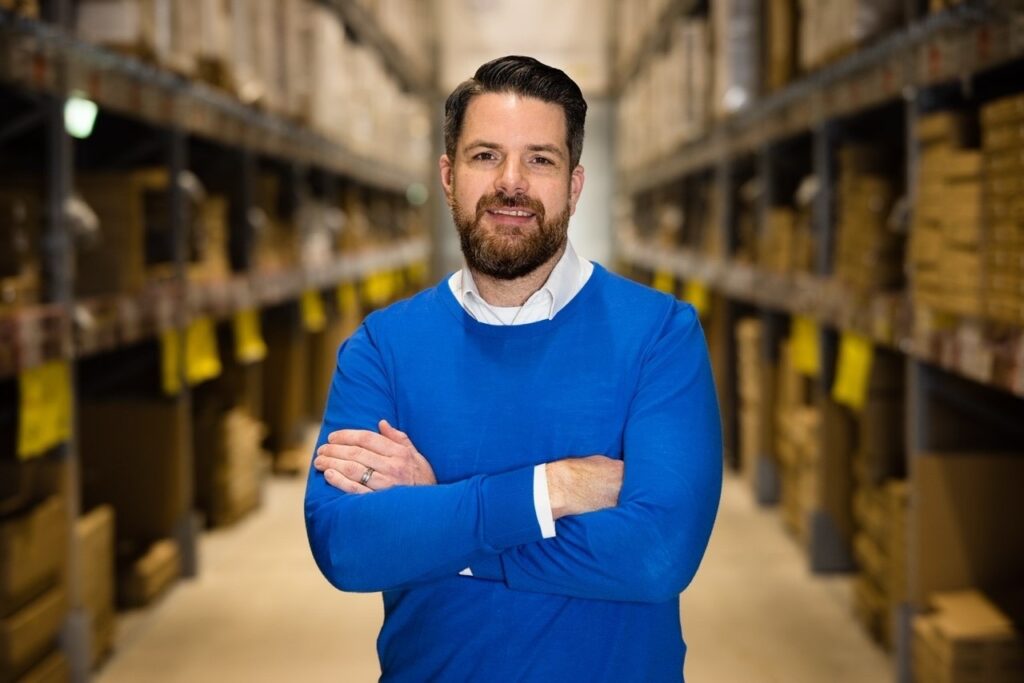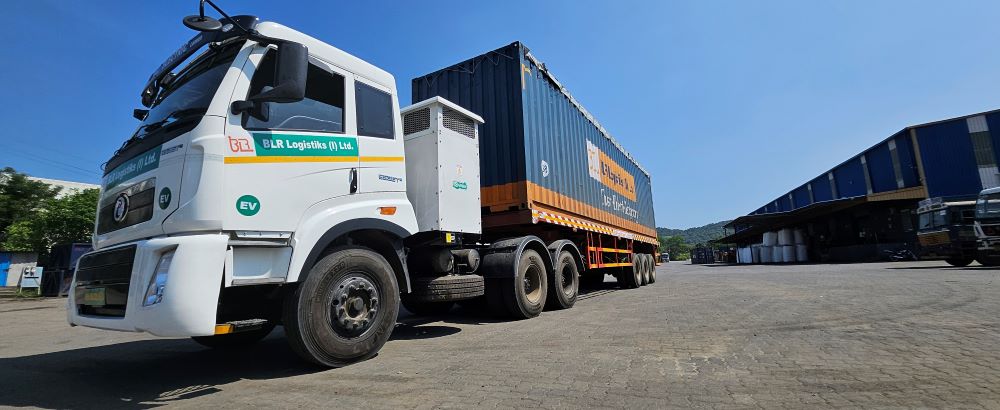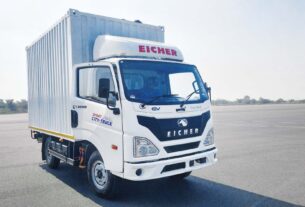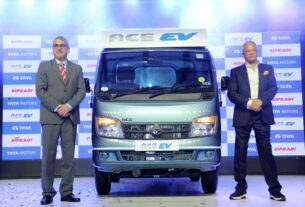
IKEA Supply, part of Inter IKEA Group, and BLR Logistiks, have deployed the first electric heavy-duty truck to run on the public road network in India. The deployment phase started in October 2024, and the truck recently completed its 100th journey transporting IKEA products between the port of Mumbai, the distribution centre (DC) in Pune, and the IKEA store in Mumbai.
“Although the purchase price of electric vehicles is higher than diesel trucks, we have achieved higher efficiency and cost reductions in the long term. This is an important step for IKEA and a strong signal to the transport sector in India,” says Claes Lindgren, Acting Category Transport Manager, IKEA Supply Chain Operations. “Through a joint effort with our partner, we have optimised the route, ensuring the truck is used more on the road and less during idling in loading and unloading processes.”.

The deployment has been made possible through a close collaboration between IKEA and its carrier BLR Logistiks, as well as other partners. Apart from reducing greenhouse gas emissions from transportation, it has also generated significant efficiency gains:
- Reduced turnaround time from 2 to 1 days
- 16% cost reduction per year
- 30% reduction in greenhouse gas emissions, totalling 206 tons, for the specific route each year
- Reduced empty runs by around 160,000 km per year.
In most cases, EV trucks have a significantly higher purchase price compared to traditional diesel trucks. Furthermore, large investments in charging infrastructure are usually required, and it is crucial to rethink route optimisation to ensure EV trucks idle as little as possible.
Previously, the 120 km three-stop route was shared by two conventional trucks: one driving between the port and the DC and the second between the DC and the IKEA store in Mumbai. The new EV heavy-duty truck operates the entire route. To enable this, IKEA has streamlined processes with Indian customs for quicker container handling and new agreement setups between the ocean service provider transporting the containers to the port and the land carrier operating the route. The land carrier has, in turn, invested in all the required charging infrastructure to enable the deployment.
“We are happy with what we have achieved for this specific route and look forward to applying this way of working in the future”, says Abhishek Goyal, Director at BLR Logistiks.
“This deployment in India represents an example of how we create efficiency while reducing greenhouse gas emissions.”
CO2 emissions linked to transportation represent around 5% of the total carbon footprint in the IKEA value chain. IKEA has set ambitious goals of reducing the carbon footprint from every transport by an average of 70% by 2030. In addition, another goal is to only use zero-emission heavy-duty trucks by 2040, making this achievement a critical step on that journey.




